[dropshadowbox align=”none” effect=”lifted-both” width=”auto” height=”” background_color=”#dbf6f4″ border_width=”10″ border_color=”#608638″ ]
British Science Week

British Science Week is a ten-day celebration of science, technology, engineering and maths that will place between 11-20 March 2022! The theme for 2022 is growth.
On Monday the whole school will take part in a spaghetti bridge building competition.

Throughtout the rest of the week, each year group will be carrying out an investigative task based on a key STEM figure.
Reception – Mary Anning
Year 1 – Mae Jemison
Year 2 – Elijah McCoy
Year 3 – Ann Moore
Year 4 – Maryam Mirzakhani
Year 5 – Wang Zhenyi
Year 6 – Charles Richard Drew
[/dropshadowbox]
Week beginning 14th Marcg 2022
[dropshadowbox align=”none” effect=”lifted-both” width=”auto” height=”” background_color=”#edbaba” border_width=”1″ border_color=”#ba27d8″ ]Homework is set on Google Classroom[/dropshadowbox]
Howard-parents-guide-to-Google-Classroom-
[dropshadowbox align=”none” effect=”lifted-both” width=”auto” height=”” background_color=”#dbf6f4″ border_width=”10″ border_color=”#868878″ ]
Our learning this week…
English
At Howard Primary School we have adopted Read Write Inc Phonics.
RWI is a method of learning centred round letter sounds and phonics, and we use it to aid children in their reading and writing. Read Write Inc., developed by Ruth Miskin, provides a structured and systematic approach to teaching literacy. It is used by more than a quarter of the UK’s primary schools and is designed to create fluent readers, confident speakers and willing writers.
Using RWI, the children learn to read effortlessly so that they can put all their energy into comprehending what they read. It also allows them to spell effortlessly so that they can put all their energy into composing what they write.
When using RWI to read the children will:
- Learn 44 sounds and the corresponding letter/letter groups using simple picture prompts
- Learn to read words using Fred Talk
- Read lively stories featuring words they have learnt to sound out
- Show that they comprehend the stories by answering questions.
Five key principles underpin the teaching in all Read Write Inc. sessions:
Purpose – know the purpose of every activity and share it with the children, so they know the one thing they should be thinking about
Participation – ensure every child participates throughout the lesson. Partnership work is fundamental to learning
Praise – ensure children are praised for effort and learning, not ability
Pace – teach at an effective pace and devote every moment to teaching and learning
Passion – be passionate about teaching so children can be engaged emotionally.
https://home.oxfordowl.co.uk/reading/reading-schemes-oxford-levels/read-write-inc-phonics-guide/
Hold a sentence is an activity that encourages children to remember a whole sentence while focusing on spelling and punctuation.
Build a sentence is to give children the opportunity to create their own sentence to that shows the meaning of a word and edit a sentence allows the children to critique a sentence using their knowledge of spelling punctuation and grammar. Children complete a longer piece of independent writing, which gives them the opportunity to show off their creativity and to practice their spelling, grammar and punctuation.
https://www.youtube.com/watch?v=bXOJUPNVnLc
https://www.youtube.com/watch?v=kjHqJQ8sxs4
[/dropshadowbox]
[dropshadowbox align=”none” effect=”lifted-both” width=”auto” height=”” background_color=”#dbf5f4″ border_width=”10″ border_color=”#868478″ ]
Power of Reading
English
At Howard Primary School we have adopted The Power of Reading scheme for literacy. We will also be using The Power of Reading scheme. We will be basing our literacy work based on a core text. This core text is called Zeraffa Giraffa.
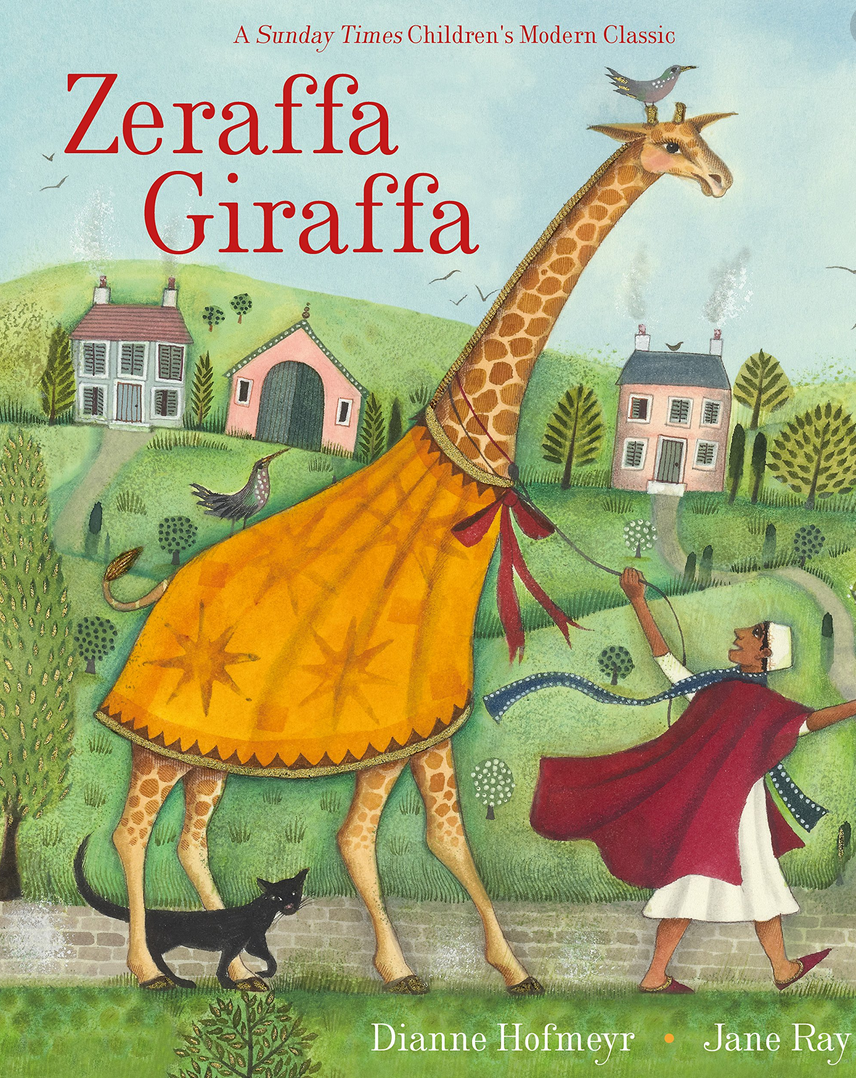
[/dropshadowbox]
[dropshadowbox align=”none” effect=”lifted-both” width=”auto” height=”” background_color=”#dbf6f4″ border_width=”10″ border_color=”#863878″ ]
Maths – Shape
To describe 3D shape according to faces
To describe 3D shape according to vertices
To describe 3D shape according to edges
To describe 3D shapes and find different ways to sort them
To investigate how polygons can be joined and folded to form 3D shapes
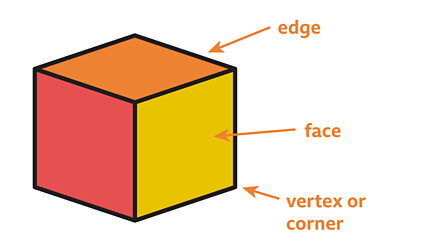
To describe 3D shapes according to their faces
Faces are the flat or curved surfaces that make up the outside of a 3D shape.
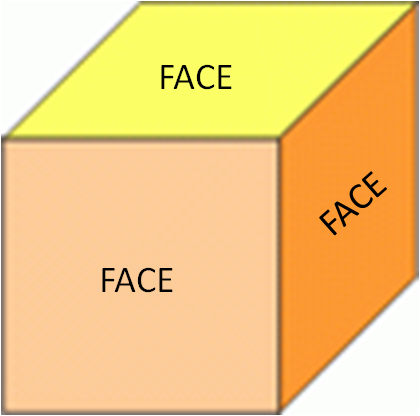
To understand that polygons can be named according to the number of edges
An edge is where two faces meet. For example a cube has 12 edges, a cylinder has two and a sphere has none.
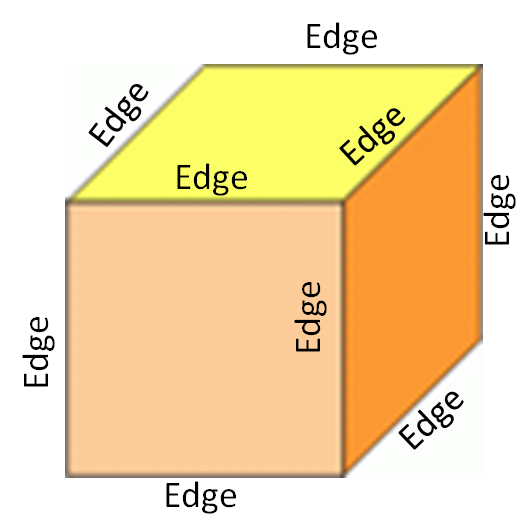
To understand that polygons can be named according to the number of vertices
A vertex is a corner where edges meet. The plural is vertices. For example a cube has eight vertices.
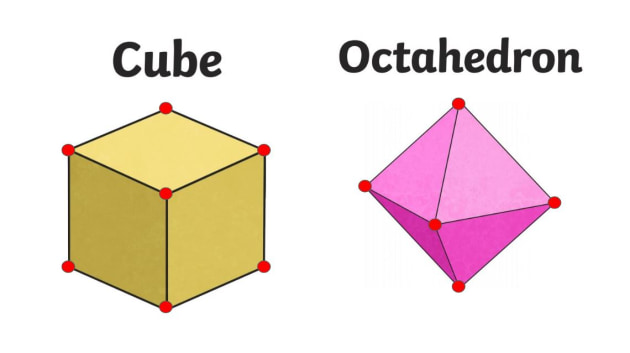
To sort 3D polygons according to sides and vertices
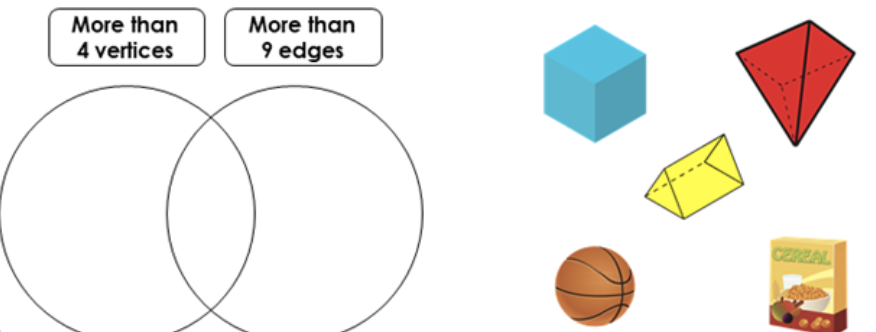
To discuss, and compare by direct comparison, the shape and size of polygons

[/dropshadowbox]
[dropshadowbox align=”none” effect=”lifted-both” width=”auto” height=”” background_color=”#dbf6f4″ border_width=”10″ border_color=”#608638″ ]
British Science Week
British Science Week is a ten-day celebration of science, technology, engineering and maths that will place between 11-20 March 2022!
Throughout the afternoon, we will be carrying out STEM investigations. The theme this year is growth.
[/dropshadowbox]
[dropshadowbox align=”none” effect=”lifted-both” width=”auto” height=”” background_color=”#dbf6f4″ border_width=”10″ border_color=”#ef1dcd” ]
PE
Please remember to send your child to school in their PE kit on their PE days.
Westminster – Monday & Thursday
Hungerford – Monday & Thursday
[/dropshadowbox]
[dropshadowbox align=”none” effect=”lifted-both” width=”auto” height=”” background_color=”#dbf6f4″ border_width=”10″ border_color=”#ef1dcd” ]
Music
We are learning about pitch in music.
[/dropshadowbox]
[dropshadowbox align=”none” effect=”lifted-both” width=”auto” height=”” background_color=”#dbf3f1″ border_width=”10″ border_color=”#ef1dcd” ]
RE
We will focus on Christianity.
[/dropshadowbox]
[dropshadowbox align=”none” effect=”lifted-both” width=”auto” height=”” background_color=”#dbf6f4″ border_width=”10″ border_color=”#3f9c33″ ]
RHE – Relationship and Health Education
Jigsaw has two aims for all children:
- To build their capacity for learning
- To equip them for life
Jigsaw brings together PSHE Education, emotional literacy, mindfulness, social skills and spiritual development. The topic this term is ‘Healthy Me’. We will think about self esteem, confidence and healthy lifestyle choices.

[/dropshadowbox]
[dropshadowbox align=”none” effect=”lifted-both” width=”auto” height=”” background_color=”#dbf6f4″ border_width=”10″ border_color=”#e21320″ ]
Reading
When reading with your child at home ask them questions related to their book.
Questions to ask before you read
- Can you look at the pictures and predict what you think will happen in this book?
- What makes you think that?
- What characters do you think might be in our story?
- Do you think there will be a problem in this story? Why or why not?
- Does the topic/story relate to you or your family? How?
Questions to ask during the reading
- What do you think will happen next?
- What can you tell me about the story so far?
- Can you predict how the story will end?
- Why do you think the character did _______?
- What would you have done if you were the character?
- How would you have felt if you were the character? (use different characters)
- As I read____________, it made me picture________ in my head. What pictures do you see in your head?
- As you read, what are you wondering about?
- Can you put what you’ve just read in your own words?
Questions to ask after reading
- Can you remember the title?
- In your opinion, was it a good title for this book? Why or why not?
- Were your predictions about the story correct?
- If there was a problem, did it get solved?
- What happened because of the problem?
- Why do you think the author wrote this book?
- What is the most important point the author is trying to make in his writing?
- What was your favourite part of the story?
- If you could change one thing in the story, what would it be?
- Can you retell the story in order?
- If you were __________, how would you have felt?
- What is the most interesting situation in the story?
- Is there a character in the story like you? How are you alike?
Why did you like this book?
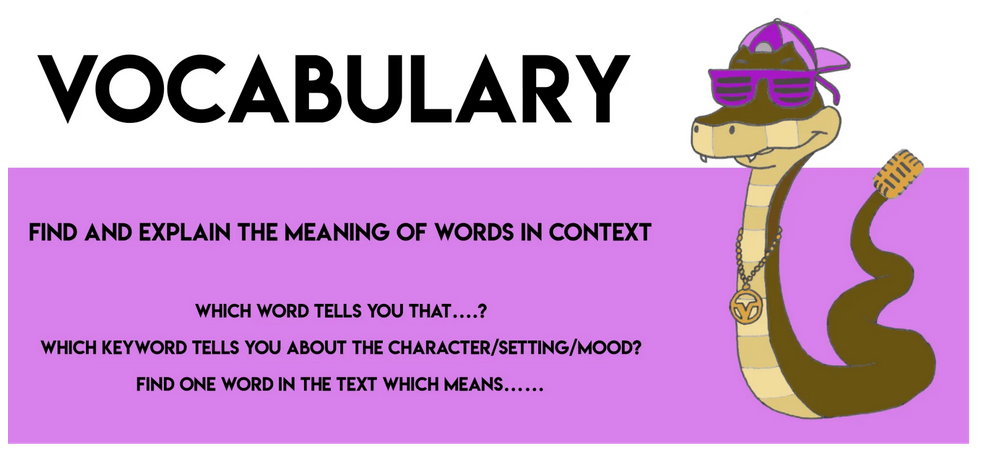
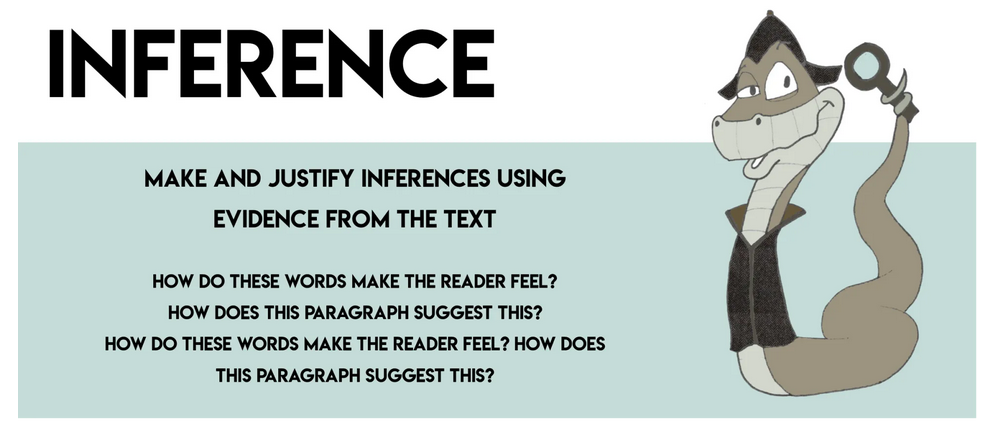
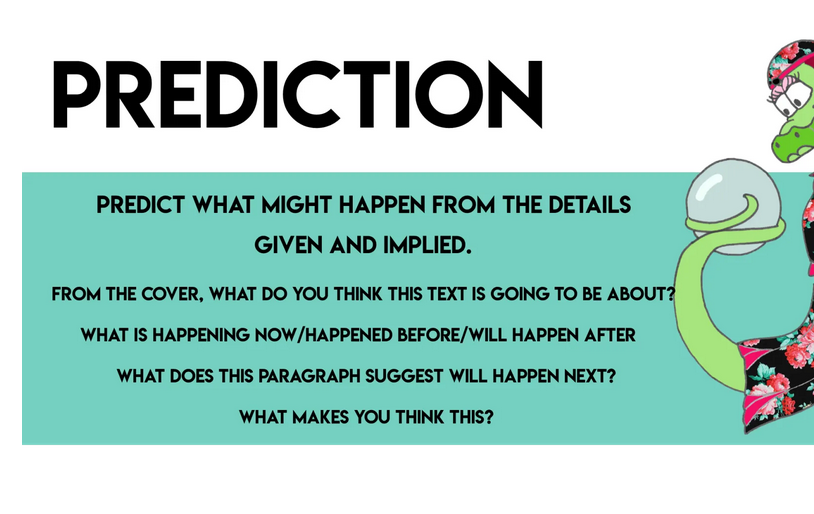
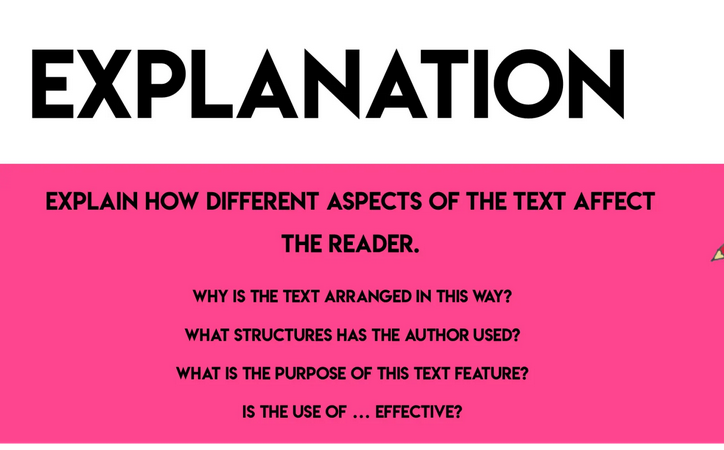
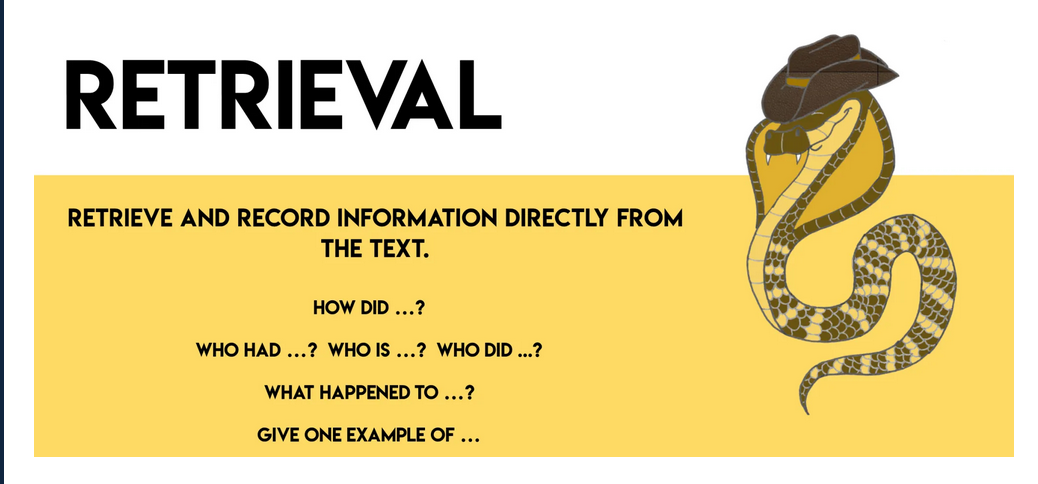
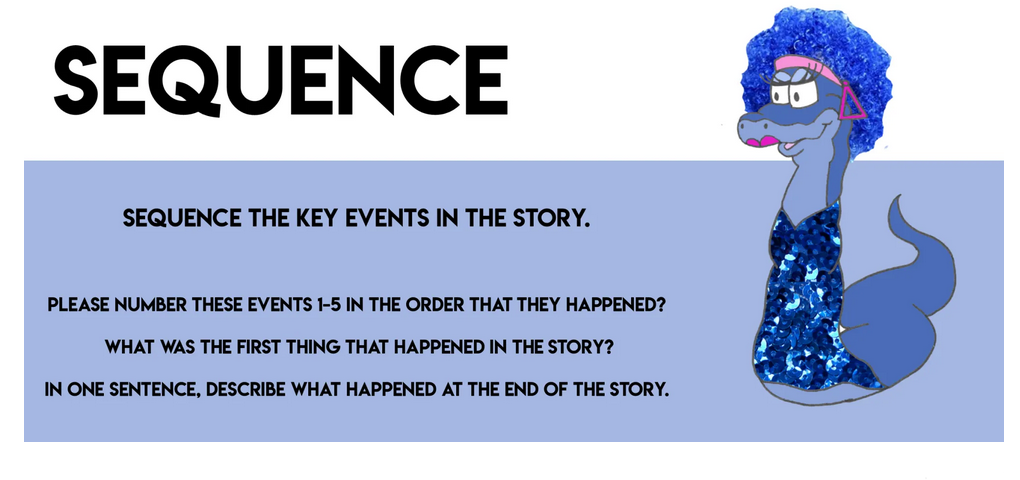
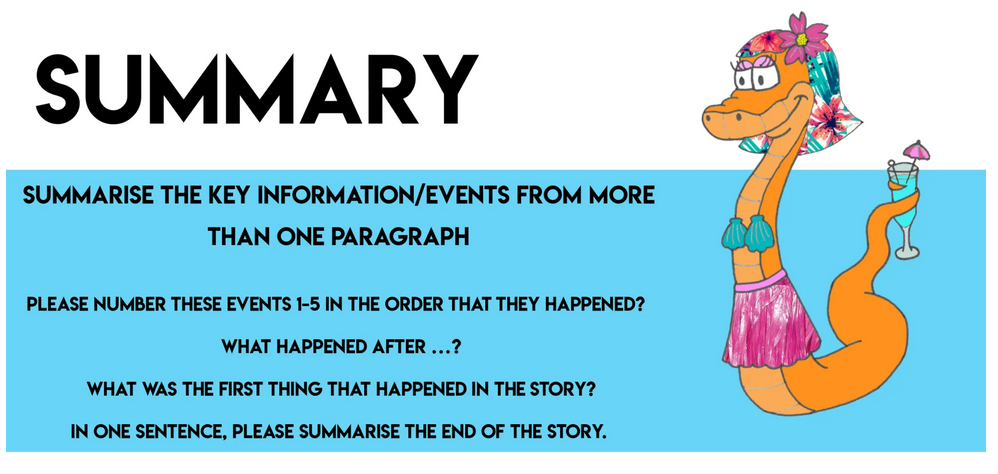
[/dropshadowbox]
[dropshadowbox align=”none” effect=”lifted-both” width=”auto” height=”” background_color=”#dbf6f4″ border_width=”10″ border_color=”#863878″ ]
Mathletics
A big well done to all the children completing their Mathletics. We are so proud. Please continue to complete your activities on Mathletics.
[/dropshadowbox]
[dropshadowbox align=”none” effect=”lifted-both” width=”auto” height=”” background_color=”#dbf6f4″ border_width=”10″ border_color=”#868878″ ]
Star of the week
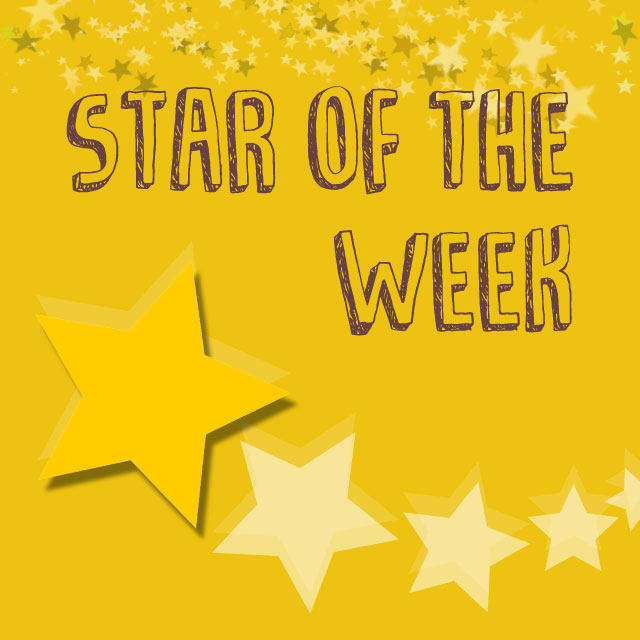
Hungerford
Thirukumaren – for always encouraging his talk partner and motivating them to try their best. He always demonstrates care when talking to other pupils.
Jack – for working hard in his maths lesson and applying this during assessment. Keep it up Jack. We are so proud.
Rebecca – for always being helpful to adults and peers. Rebecca can always be relied upon to work hard in all areas.
Westminster
Matilda – for excellent contributions during history lessons. Matilda has been so enouraged whilst we’ve been learning about Mary Seacole. We are so proud of you.
Sophia Marie – For taking onboard feedback during reading skills sessions and using this to help her improve her learning.
Faris – for working hard duirng our money unit. Faris has worked hard in order to calculate totals and change. It is very impressive. Well done.
[/dropshadowbox]
Week beginning 14th March 2022
[dropshadowbox align=”none” effect=”lifted-both” width=”auto” height=”” background_color=”#c1fcfe” border_width=”20″ border_color=”#86b4fb” ] THIS WEEK’S LEARNING
NATIONAL SCIENCE WEEK
LITERACY:
Focus Book: Dinosaur Lady: The Daring Discoveries of Mary Anning, the first paleontologist by Linda Skeers
Group Phonics: Check Google Classroom for Group Phonics homework
MATHS:
- To use skills of conceptual subitising to describe parts of a whole set
- To visualise arrangements and use gestures to describe the numbers within a whole set.
- To practise counting patterns, recite counting numbers in order forwards and backweards
UW: Exploring the work of scientists such as paleontologist Mary Anning. The children will learn how to conduct a scientific investigation and report their findings.
PE: Gymnastics: To perform a a sequence of skill or movement with some control, moving from floorwork to low apparatus
[/dropshadowbox]
Week beginning 7th March 2022
[dropshadowbox align=”none” effect=”lifted-both” width=”auto” height=”” background_color=”#ffffff” border_width=”20″ border_color=”#dddddd” ]
Dear Parents and Carers!
Welcome to Spring 2nd Term week 3.
School starts at 8.55 am and finishes at 3:05 pm.
Your child’s Mathletics and Google classroom passwords are attached at the back of your child’s yellow reading record book.
We are continuing to learn with lots of adult-led carpet sessions in the classroom and free-flow & choice activities indoors and outdoors.
Thank you for supporting your child’s homework. Please return it by Wednesday 19th January.
If you have any relevant questions, please contact us via the Year-Group-Email: year1@howard.croydon.sch.uk or the comment feature in Google Classroom. We will aim to respond as quickly as possible.
Our learning for this week………
Reading:
Thank you for reading with your child. We will change the books on Friday. Please return your child’s reading book back with your comments on your child’s yellow reading records books. Reading books will not be changed without your comments.
Phonics:
Miss Robinson’s Group
Mrs Hunjan’s Group
Mrs Jeevahan’s Group
Mrs Preston’s Group
Maths
This week we will be looking at addition and subtraction.
Science
This week we are going to find out about Mae Jemison
/dropshadowbox]
Week beginning 7th March 2022
[dropshadowbox align=”none” effect=”lifted-both” width=”auto” height=”” background_color=”#9bf69f” border_width=”20″ border_color=”#40a72d” ]THIS WEEK’S LEARNING
TOPIC: Once Upon a Time
LITERACY:
Focus Book: Jack and the Beanstalk
Group Phonics: Check Google Classroom for Group Phonics homework
MATHS:
- To use skills of conceptual subitising to describe parts of a whole set
- To visualise arrangements and use gestures to describe the numbers within a whole set.
- To explain their understanding of the composition of 7.
PSED: Healthy Me – To understand how moving and resting are good for my body
PE: Gymnastics: To perform a single skill or movement with some control.
UW: To develop an understanding of how plants grow.
[/dropshadowbox]
Spring 2 – Week 3 – 7th March 2022
Spring 2 – Week 3 – 7th March 2022
Welcome to a week of very hands-on Geography

Here are the objectives for the week ahead.
PE days remain Tuesday and Thursday.
[dropshadowbox align=”none” effect=”lifted-both” width=”auto” height=”” background_color=”#e2f3f9″ border_width=”1″ border_color=”#2715d0″ ]Mathematics[/dropshadowbox]
- To directly use short division when multiplying a single-digit number by a decimal fraction (2-3 significant numbers).
- To review the PIXL results and calculations.
- To identify volume as the space something occupies.
- To explore measurements for volume.
- To calculate the volume using length, width and height.
[dropshadowbox align=”none” effect=”lifted-both” width=”auto” height=”” background_color=”#e99bcc” border_width=”1″ border_color=”#221a6f” ]English[/dropshadowbox]
- To explore new vocabulary.
- To engage in book talk
- To demonstrate understanding of a text
- To identify the features of a biography.
- To write a biography.
[dropshadowbox align=”none” effect=”lifted-both” width=”auto” height=”” background_color=”#d34222″ border_width=”2″ border_color=”#25631c” ]Spanish[/dropshadowbox]
-
To talk about different pets in Spanish.
[dropshadowbox align=”none” effect=”lifted-both” width=”auto” height=”” background_color=”#b7e9fc” border_width=”1″ border_color=”#d56161″ ]Science[/dropshadowbox]
-
To activate my prior knowledge of materials (properties).
[dropshadowbox align=”none” effect=”lifted-both” width=”auto” height=”” background_color=”#f98888″ border_width=”2″ border_color=”#0c9d51″ ]RHE[/dropshadowbox]
-
To identify some of the risks of misusing alcohol.
[dropshadowbox align=”none” effect=”lifted-both” width=”auto” height=”” background_color=”#d7a8e3″ border_width=”2″ border_color=”#803e3e” ]Geography[/dropshadowbox]
- To identify the major biomes of the world.
- To identify links between biomes, climate and vegetation zones.
- To identify the causes of Global Warming.
- To identify the impact of Global Warming.
- To identify measures to combat Global Warming.
Enjoy your Sunday evening.
Your Year 5 Team.
Week beginning 7th March 2022

What are we learning this week?
Maths –
- To use diagrams to explain how to solve a spatial problem
- To explain how to represent an equation with a bar model
- To solve problems with two unknowns in a range of contexts
- To systematically solve problems with two unknowns using ‘trial and improvement’ (one and several solutions)
- To explain how they know they have found all possible solutions to problems with two unknowns
- To explain how to balance an equation with two unknown
English –
This term, our English lessons have been centred around the text Rooftoppers, by Katherine Rundell. This week, our learning objectives are:
- To explore new vocabulary.
- To visualise and annotate a scene.
- To write in role.
- To ask questions to improve understanding.
- To retell key events using a story map.
Science –
- To be able to describe the ways in which nutrients and water are transported within animals, including humans.
- To understand the effects of smoking, alcohol and drugs on the
human body.
D.T. ( 2 week unit)
- To research and design a fairground ride.
- To construct the base and top of the fairground
- To use gears, drive belts and pulleys to construct a fairground
- To use motors, switches and circuits to construct a working fairground
- To evaluate their construction and suggest improvements
Week beginning 7th March 2022
[dropshadowbox align=”none” effect=”lifted-both” width=”auto” height=”” background_color=”#edbaba” border_width=”1″ border_color=”#ba27d8″ ]Homework is set on Google Classroom[/dropshadowbox]
Howard-parents-guide-to-Google-Classroom-
[dropshadowbox align=”none” effect=”lifted-both” width=”auto” height=”” background_color=”#dbf6f4″ border_width=”10″ border_color=”#868878″ ]
Our learning this week…
English
At Howard Primary School we have adopted Read Write Inc Phonics.
RWI is a method of learning centred round letter sounds and phonics, and we use it to aid children in their reading and writing. Read Write Inc., developed by Ruth Miskin, provides a structured and systematic approach to teaching literacy. It is used by more than a quarter of the UK’s primary schools and is designed to create fluent readers, confident speakers and willing writers.
Using RWI, the children learn to read effortlessly so that they can put all their energy into comprehending what they read. It also allows them to spell effortlessly so that they can put all their energy into composing what they write.
When using RWI to read the children will:
- Learn 44 sounds and the corresponding letter/letter groups using simple picture prompts
- Learn to read words using Fred Talk
- Read lively stories featuring words they have learnt to sound out
- Show that they comprehend the stories by answering questions.
Five key principles underpin the teaching in all Read Write Inc. sessions:
Purpose – know the purpose of every activity and share it with the children, so they know the one thing they should be thinking about
Participation – ensure every child participates throughout the lesson. Partnership work is fundamental to learning
Praise – ensure children are praised for effort and learning, not ability
Pace – teach at an effective pace and devote every moment to teaching and learning
Passion – be passionate about teaching so children can be engaged emotionally.
https://home.oxfordowl.co.uk/reading/reading-schemes-oxford-levels/read-write-inc-phonics-guide/
Hold a sentence is an activity that encourages children to remember a whole sentence while focusing on spelling and punctuation.
Build a sentence is to give children the opportunity to create their own sentence to that shows the meaning of a word and edit a sentence allows the children to critique a sentence using their knowledge of spelling punctuation and grammar. Children complete a longer piece of independent writing, which gives them the opportunity to show off their creativity and to practice their spelling, grammar and punctuation.
https://www.youtube.com/watch?v=bXOJUPNVnLc
https://www.youtube.com/watch?v=kjHqJQ8sxs4
[/dropshadowbox]
[dropshadowbox align=”none” effect=”lifted-both” width=”auto” height=”” background_color=”#dbf5f4″ border_width=”10″ border_color=”#868478″ ]
Power of Reading
English
At Howard Primary School we have adopted The Power of Reading scheme for literacy. We will also be using The Power of Reading scheme. We will be basing our literacy work based on a core text. This core text is called Zeraffa Giraffa.

[/dropshadowbox]
[dropshadowbox align=”none” effect=”lifted-both” width=”auto” height=”” background_color=”#dbf6f4″ border_width=”10″ border_color=”#863878″ ]
Maths – Shape
To recognise 2D and 3D polygons
To understand that polygons can be named according to the number of sides and vertices
To understand that polygons can be named according to the number of vertices
To sort 2D polygons according to sides and vertices
To discuss, and compare by direct comparison, the shape and size of polygons
To recognise 2D and 3D polygons
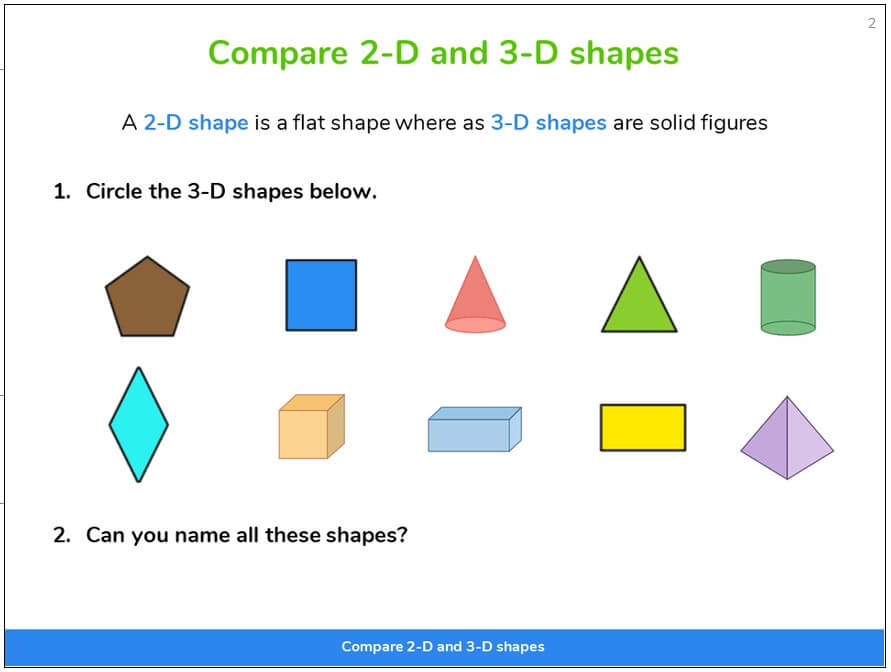
To understand that polygons can be named according to the number of sides
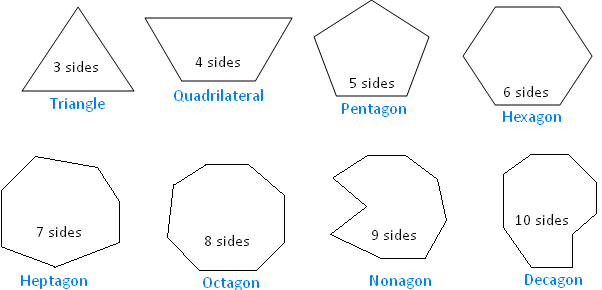
To understand that polygons can be named according to the number of vertices
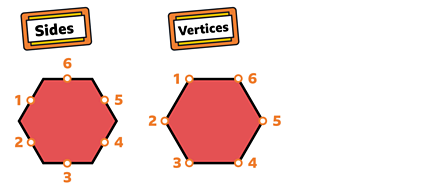
To sort 2D polygons according to sides and vertices

To discuss, and compare by direct comparison, the shape and size of polygons
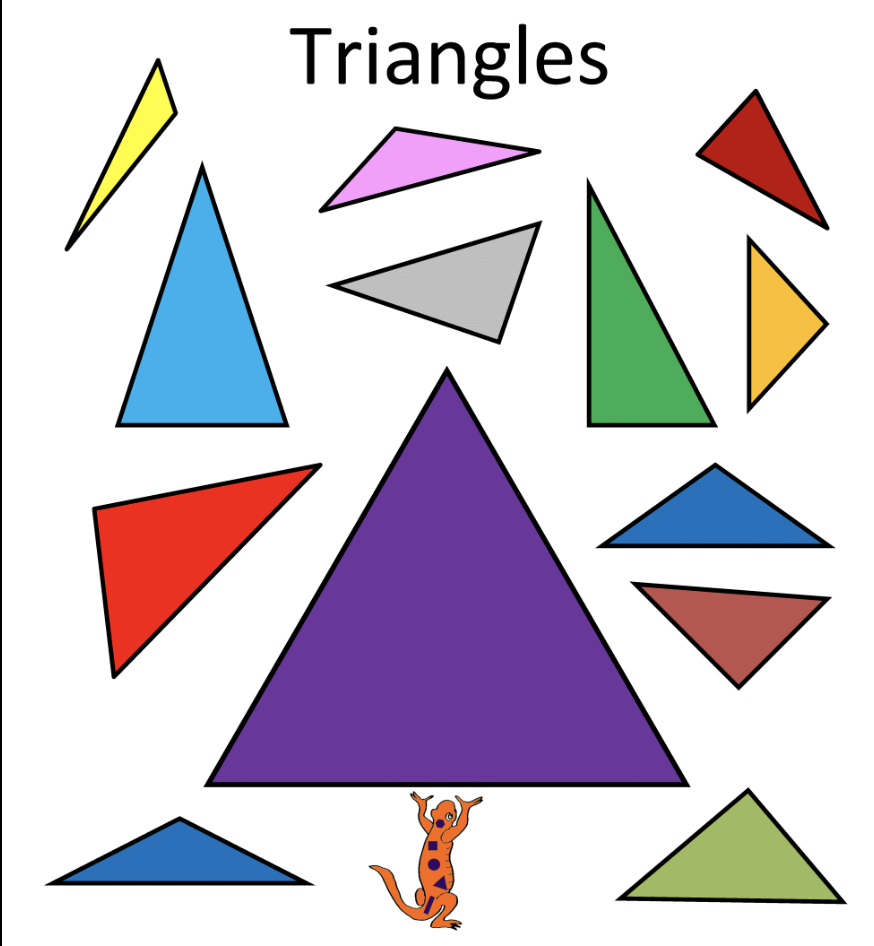
[/dropshadowbox]
[dropshadowbox align=”none” effect=”lifted-both” width=”auto” height=”” background_color=”#dbf6f4″ border_width=”10″ border_color=”#608638″ ]
Science
Our topic this term is living things and their habitat.
We will continue our learning about microhabitats.

Microhabitats are a very small part of a habitat, such as a clump of grass or a space between rocks. Some exmaples of microhabitats within a woodland include a bird’s nest, leaf litter and logs.
[/dropshadowbox]
[dropshadowbox align=”none” effect=”lifted-both” width=”auto” height=”” background_color=”#dbf6f4″ border_width=”10″ border_color=”#ef1dcd” ]
PE
Please remember to send your child to school in their PE kit on their PE days.
Westminster – Monday & Thursday
Hungerford – Monday & Thursday
[/dropshadowbox]
[dropshadowbox align=”none” effect=”lifted-both” width=”auto” height=”” background_color=”#dbf6f4″ border_width=”10″ border_color=”#ef1dcd” ]
Music
We are learning about pitch in music.
[/dropshadowbox]
[dropshadowbox align=”none” effect=”lifted-both” width=”auto” height=”” background_color=”#dbf3f1″ border_width=”10″ border_color=”#ef1dcd” ]
RE
We will focus on Christianity.
[/dropshadowbox]
[dropshadowbox align=”none” effect=”lifted-both” width=”auto” height=”” background_color=”#dbf6f4″ border_width=”10″ border_color=”#ef1dcd” ]
Computing
Introduction to animation
This unit introduces learners to on-screen programming through ScratchJr. Learners will explore the way a project looks by investigating sprites and backgrounds. They will use programming blocks to use, modify, and create programs. Learners will also be introduced to the early stages of program design through the introduction of algorithms.
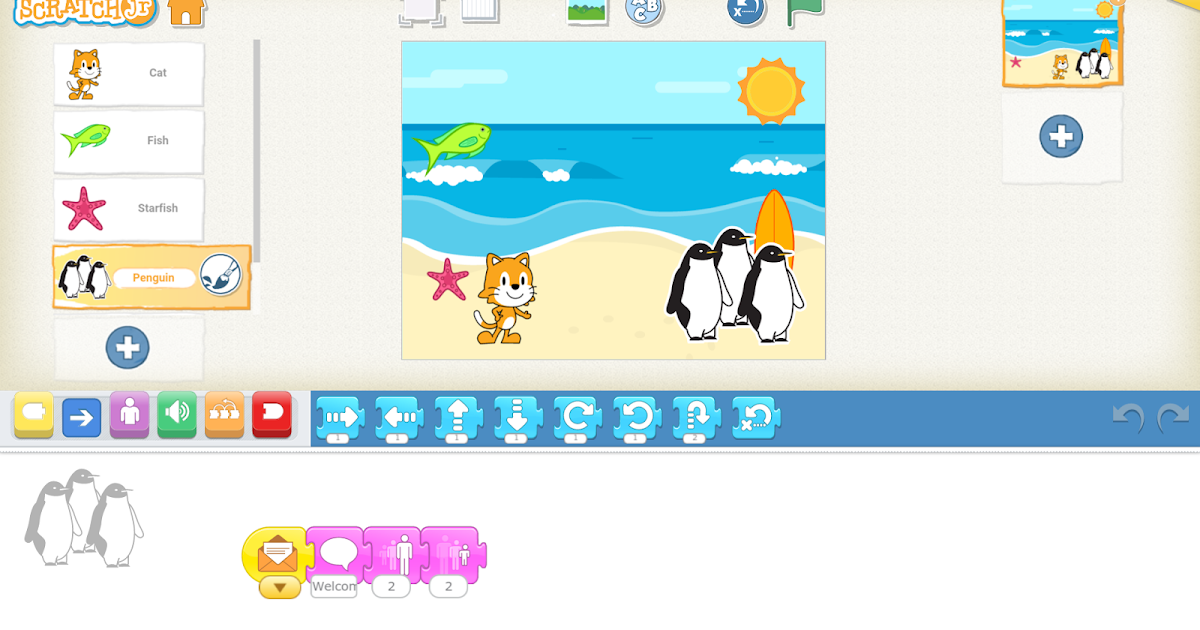
[/dropshadowbox]
[dropshadowbox align=”none” effect=”lifted-both” width=”auto” height=”” background_color=”#dbf6f4″ border_width=”10″ border_color=”#3f9c33″ ]
RHE – Relationship and Health Education
Jigsaw has two aims for all children:
- To build their capacity for learning
- To equip them for life
Jigsaw brings together PSHE Education, emotional literacy, mindfulness, social skills and spiritual development. The topic this term is ‘Healthy Me’. We will think about self esteem, confidence and healthy lifestyle choices.

[/dropshadowbox]
[dropshadowbox align=”none” effect=”lifted-both” width=”auto” height=”” background_color=”#dbf6f4″ border_width=”10″ border_color=”#e21320″ ]
Reading
When reading with your child at home ask them questions related to their book.
Questions to ask before you read
- Can you look at the pictures and predict what you think will happen in this book?
- What makes you think that?
- What characters do you think might be in our story?
- Do you think there will be a problem in this story? Why or why not?
- Does the topic/story relate to you or your family? How?
Questions to ask during the reading
- What do you think will happen next?
- What can you tell me about the story so far?
- Can you predict how the story will end?
- Why do you think the character did _______?
- What would you have done if you were the character?
- How would you have felt if you were the character? (use different characters)
- As I read____________, it made me picture________ in my head. What pictures do you see in your head?
- As you read, what are you wondering about?
- Can you put what you’ve just read in your own words?
Questions to ask after reading
- Can you remember the title?
- In your opinion, was it a good title for this book? Why or why not?
- Were your predictions about the story correct?
- If there was a problem, did it get solved?
- What happened because of the problem?
- Why do you think the author wrote this book?
- What is the most important point the author is trying to make in his writing?
- What was your favourite part of the story?
- If you could change one thing in the story, what would it be?
- Can you retell the story in order?
- If you were __________, how would you have felt?
- What is the most interesting situation in the story?
- Is there a character in the story like you? How are you alike?
Why did you like this book?







[/dropshadowbox]
[dropshadowbox align=”none” effect=”lifted-both” width=”auto” height=”” background_color=”#dbf6f4″ border_width=”10″ border_color=”#863878″ ]
Mathletics
A big well done to all the children completing their Mathletics. We are so proud. Please continue to complete your activities on Mathletics.
[/dropshadowbox]
[dropshadowbox align=”none” effect=”lifted-both” width=”auto” height=”” background_color=”#dbf6f4″ border_width=”10″ border_color=”#868878″ ]
Star of the week

Hungerford
Thirukumaren – for always encouraging his talk partner and motivating them to try their best. He always demonstrates care when talking to other pupils.
Jack – for working hard in his maths lesson and applying this during assessment. Keep it up Jack. We are so proud.
Rebecca – for always being helpful to adults and peers. Rebecca can always be relied upon to work hard in all areas.
Westminster
Matilda – for excellent contributions during history lessons. Matilda has been so enouraged whilst we’ve been learning about Mary Seacole. We are so proud of you.
Sophia Marie – For taking onboard feedback during reading skills sessions and using this to help her improve her learning.
Faris – for working hard duirng our money unit. Faris has worked hard in order to calculate totals and change. It is very impressive. Well done.
[/dropshadowbox]
Week Beginning 7th March 2022
This week our learning will be as follows;
- In mathematics we will start a news unit of work on fractions. We will start by reviewing work on finding the fractions of quantities and shapes.
- In English we will write a biography of Michael Rosen.
- In science we will conclude our work on electricity.
- In RHE we will be thinking about how people take on the role of leader of follower in a group situation.
Southwark Class will swim on Tuesday and do PE on Wednesday. Millennium Class will do PE on Wednesday and Friday.
Week commencing 7th March
What an amazing World Book Day! Thank you for all the wonderful costumes. You looked spectacular!
Here’s what we will be learning this week:
English- This week we will be beginning a brand new text, The Bluest of Blues by Fiona Robinson. We will be discussing what we like and dislike about the text, analysing the characters we have met so far and researching insects for a piece of non-fiction writing.
We will be beginning to send home reading books on Monday, Wednesday and Friday for those children who have not already chosen them. Reading diaries should be brought to school each day.
Maths- We will be continuing with our work about fractions, beginning with identifying unit fractions and thinking about all the different ways they can be expressed over several days and then exploring the idea that equal parts do not have to look the same in order to be equal.
If your child would like to practise their learning at home, there are lots of free games which they can use, including Daily 10 from Topmarks or Hit the Button
https://www.topmarks.co.uk/maths-games/daily10
https://www.topmarks.co.uk/maths-games/hit-the-button
PE- We will be beginning to work on static balance and counterbalance and also learning some of the rules and skills of netball.
History- We will be continuing to compare four Ancient Civilisations, the Egyptians, the Shang Dynasty, Sumar and Indus Valley, before beginning an in depth look at Ancient Egypt.
Science- We will be beginning a new topic about rocks and soils, beginning with a vocabulary lesson and exploring what we already know and would like to find out.
RHE- We are beginning a new topic about why it is important to keep your body fit and healthy.
Homework- We will post homework on Google Classroom each week. We have added tasks to Mathletics. Additionally, the children will have access to Language Angels to practise their new vocabulary in Spanish. We hope to give your child access to TTRockstars also this week, a fun way to practise times tables.
PE will take place on Monday and Friday for Blackfriars class and Tuesday and Friday for Waterloo class. Children should come to school in their school PE kits on those days.
Please ensure your child has a water bottle in school each day.
Lastly, if you have any questions or concerns, please speak to a member of staff or email us at the address below;
Year3@howard.croydon.sch.uk
Year 3 Team
We have now got access to Google Classroom again and are starting to upload homework tasks. Children’s logins have not changed but there is a new class code.
Waterloo: 2tu6ksx
Blackfriars: tdsv7fo
If you have any problems logging in, please let us know.
